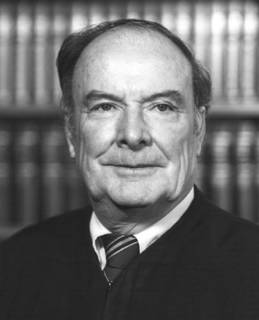VA & ID: volunteering for DP a "fatal attraction"
From the Charlottesville Daily Progress, June 21:
Death request raises ethical, legal questions
Somewhere in the Charlottesville Office of the Commonwealth’s Attorney sits a plea agreement that could lead to the execution of a city man accused of killing an 11-year-old boy. One of Waverly “Eddie” Whitlock’s defense attorney has said in court that his client wants to sign the agreement, which would request the death penalty as punishment for a capital murder conviction...
The act of volunteering for the death penalty, although uncommon, has raised legal, ethical and moral issues for others involved in capital cases... Following a client’s wishes can be more difficult if he wants to die.
August “Gus” Cahill, the chief deputy of the Ada County Public Defender’s Office in Idaho, represented death penalty volunteer Keith Eugene Wells in the early 1990s. Wells, who was killed by lethal injection in 1994 at age 31, was the first and only person to be executed in Idaho since the death penalty was reinstated in 1976...
After a judge sentenced Wells to death, Cahill said the case was reviewed and affirmed by the Idaho Supreme Court. Once the post-conviction process began, Cahill said Wells asked to drop any further appeals and fired the lawyers appointed after his sentencing. “He wasn’t suicidal,” Cahill said. “He didn’t want to be dead so much as go through a process that he thought would ultimately be fruitless...”
But see the Charlottesville Daily Progress, June 25:
Defender files motion to quit Whitlock capital murder case
A Richmond-based capital defender may no longer represent a Charlottesville man accused of killing an 11-year-old boy last summer.
Defense attorney David Baugh filed a motion late last week in Charlottesville Circuit Court to withdraw himself and the Office of the Capital Defender as counsel for Waverly “Eddie” Whitlock.
“In support of the motion for leave to withdraw, counsel would assert that there has arisen a conflict of interest between the defendant and his defense attorneys which ethically compels withdrawal,” the motion said...




1 Comment:
I don't pretend to know exactly what's going on in the Whitlock case any more than I do the details of the Wells case. But I know a bit about dealing with capital volunteers, and I know a pretty fair amount about the irrationality of the death penalty.
And I sure know this: If you're asking the state to kill you, it's not much of a punishment when the state imposes death.
Post a Comment